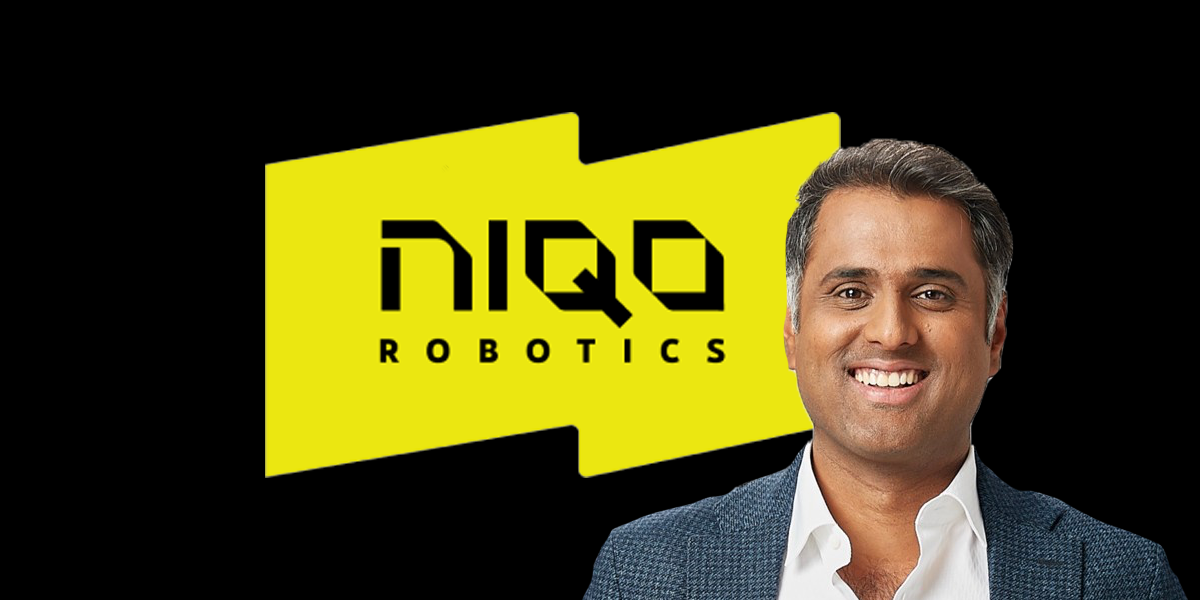On Monday, Anju and Shyam Narayan TK, two subtitle authors who work on Malayalam films, put out a statement attacking Netflix India. The streaming service had “butchered” and “watered-down” their work on Thallumaala, a Malayalam film that was released on the platform last Saturday, the authors alleged.
Speaking to Entrackr, Anju declined to provide details on specific instances where translations had been altered, and how, pending discussions with the streaming service and producers. The duo’s work has appeared unedited on other platforms, such as on Amazon Prime Video.
Netflix did not respond to a request for comment, and has not provided any of the information used in this story.
This is not the first time subtitle translators have complained about Netflix undermining choices they have made while translating a film. Anju said that other translators, like the prolific Rekha Haricharan, had spoken out on similar experiences with Netflix.
In May 2021, Vivek Ranjit, a screenwriter and subtitle author, said that Netflix had similarly edited down translations he had prepared for Nayattu, a thriller directed by Martin Prakkat. He accused Netflix of “replacing my contextual subs with plain translations ‘acceptable’ to them.” On Monday, Ranjit said he was able to get some lines changed back after the film started streaming on Netflix and he discovered the changes.
Netflix generally outsources preparing and proofreading subtitles to external vendors, which the company refers to as Netflix Preferred Fulfillment Partners. There are two NPFPs in India — Prime Focus Technologies and Vista India. It is unclear which of these firms was involved in the editing of Thallumaala’s translation; while Netflix generally provides vendors an option to add a translator credit at the end of a film, nobody is credited for this film.
The company’s translation choices have significant consequences for how the film is viewed all over the world — subtitles for Indian films in most languages are done as “bridge translations,” which essentially translate the English subtitles that are delivered to Netflix, as opposed to translating the original dialogue.
This is especially true for languages like Malayalam, which are not likely to be supported at source by vendors translating into, say, Japanese or French. The result is that a translation that is unfaithful or incomplete can get further diluted in other languages.
Haricharan, the subtitlist who works on Tamil films that Anju cited, told an interviewer in 2019 that unless production companies intervened, streaming services generally made changes without checking with producers first.
While Netflix hasn’t commented on why it makes these changes, one possible reason emerges from the literature it makes available to vendors it partners with: subtitles need to read naturally to people who don’t speak the source language at all. There is a revealing extract from an FAQ on why Netflix’s subtitle guidelines are so demanding:
Netflix says that clumsy or unnatural English breaks the immersive experience it wants for non-English speaking audiences. “We may reject a file for containing translations that are grammatically correct, but are simply phrases and colloquialisms that are not natural to the viewer,” Netflix says, adding that unnatural translations are often indicative of someone without native fluency in the target language.
Some translators tend to maintain honorifics in English translations. For instance, the translators of Thallumaala have, in a previous movie Entrackr reviewed, retained terms like “chechi” (sister in Malayalam) while translating dialogue. Netflix’s translations generally don’t include these terms; going by Netflix’s own guidelines, it appears likely that such elements may have raised red flags that led to a total revision of subtitle files where such choices are made.














